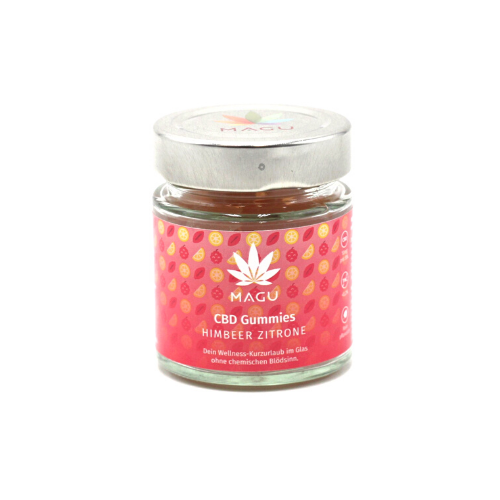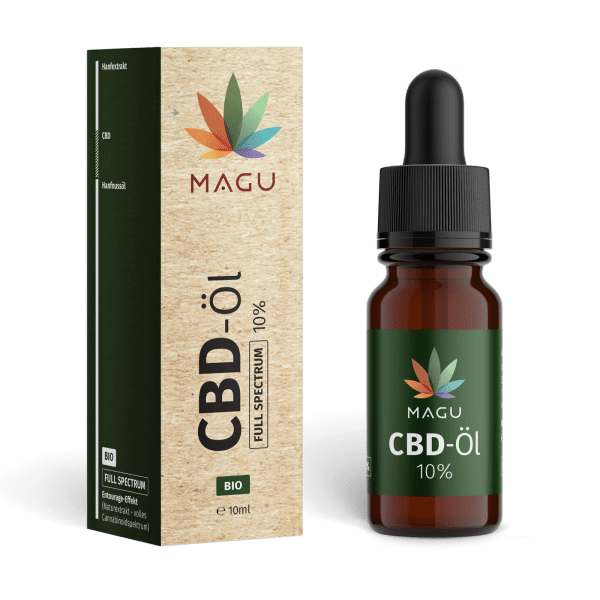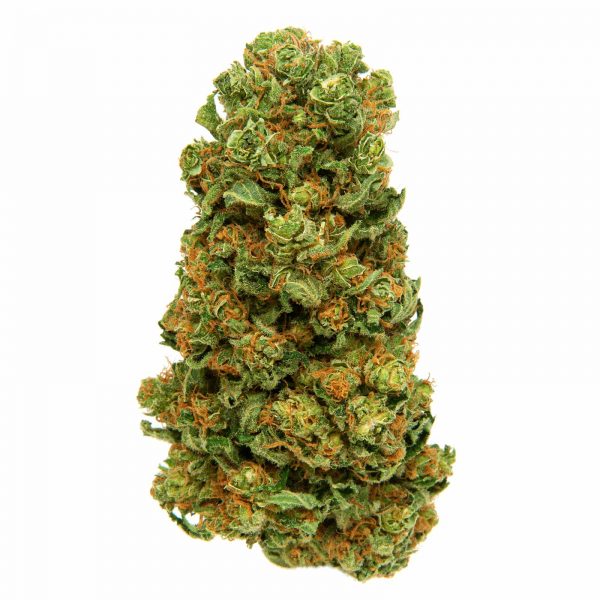What are synthetic cannabinoids?
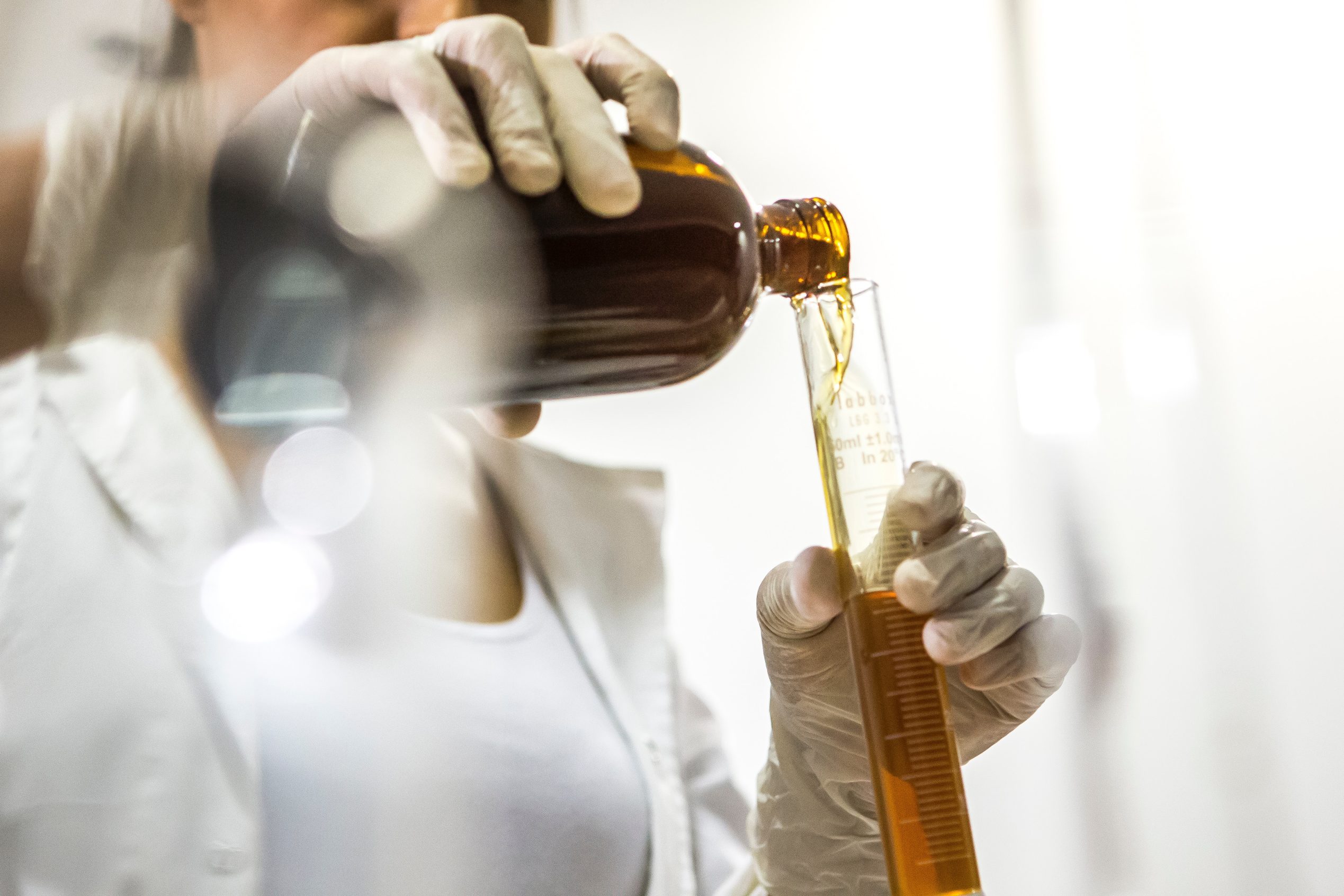
Not all cannabinoids that exist occur naturally in the hemp plant. There are natural, semi-synthetic and synthetic cannabinoids. In this blog post, we’ll give you a brief overview of what the differences are and what that means for consumers.
What are semi-synthetic cannabinoids?
Although semi-synthetic cannabinoids are not derived directly from the hemp plant, it is a natural hemp-based product and can therefore be considered a semi-synthetic cannabinoid.
HHC and H4-CBD are both produced by hydrogenation of the active center. CBD is converted into HHC through the use of intense pressure, heat and hydrogen. The molecular structure is 100% the same as natural HHC. The cannabinoid H4-CBD is also created through hydrogenation by attaching hydrogen atoms to a CBD molecule. H4-CBD is also often called hydrogenated CBD.
The same process is used to produce many active substances, such as pharmaceutical agents. They are modified to have fewer side effects. The side effect is that they act less potent.
What are synthetic cannabinoids or cannabinoid mimetics?
Cannabinoid mimetics are molecules that exhibit pharmacological effects in the human body similar to cannabinoids, but are artificially produced and not taken from the cannabis plant. Their chemical structure does not necessarily have similarities with that of natural cannabinoids.
Synthetic cannabinoids (cannabinoid mimetics) act on the cannabinoid system (e.g. CB1, CB2 receptors or involved enzymes like FAAH, etc.). However, most of the time they are much stronger and therefore they can be very dangerous. The molecular structure is very different from natural cannabinoids.
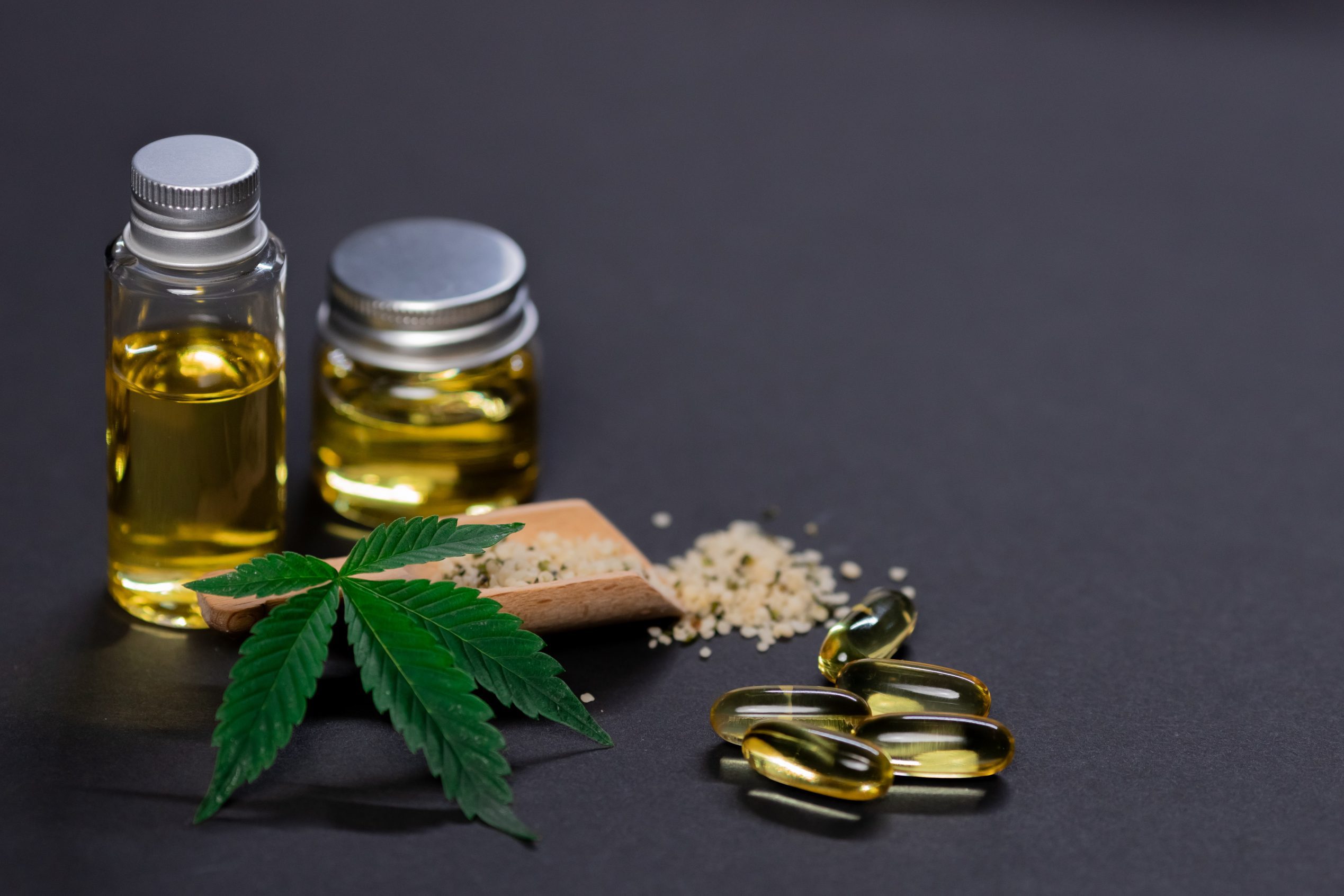
Why were there H4-CBD products at MAGU?
The requests from end customers were great and therefore we offered a small amount of products. We have tested and sold a first batch. However, we do not want to go further in this direction and prefer to focus on our core competence: natural CBD flowers and products from them.
Where do we go from here?
We hope for a rethink in politics on the topic of cannabis soon. If cannabinoids like THC are legalized, synthetic cannabinoids will quickly lose relevance and largely disappear from the market. With a legal framework that pays attention to quality, education and transparency, the safety of products on the market will increase, consumers can find suitable products and do not have to rely on cannabis from unclear origin and composition.

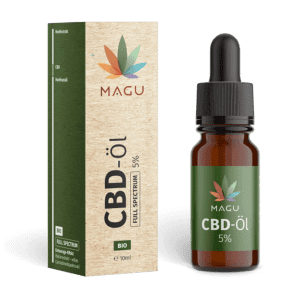 CBD Oils
CBD Oils
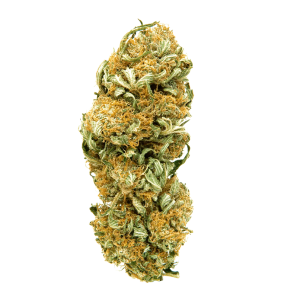 CBD Flowers
CBD Flowers
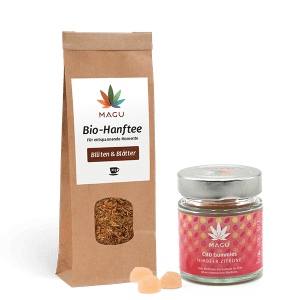 Tea & Dates
Tea & Dates
 Kosmokraut
Kosmokraut
 Irie Water
Irie Water
 Vaporizer
Vaporizer
 Geschenke & Sets
Geschenke & Sets
 Accessories
Accessories
